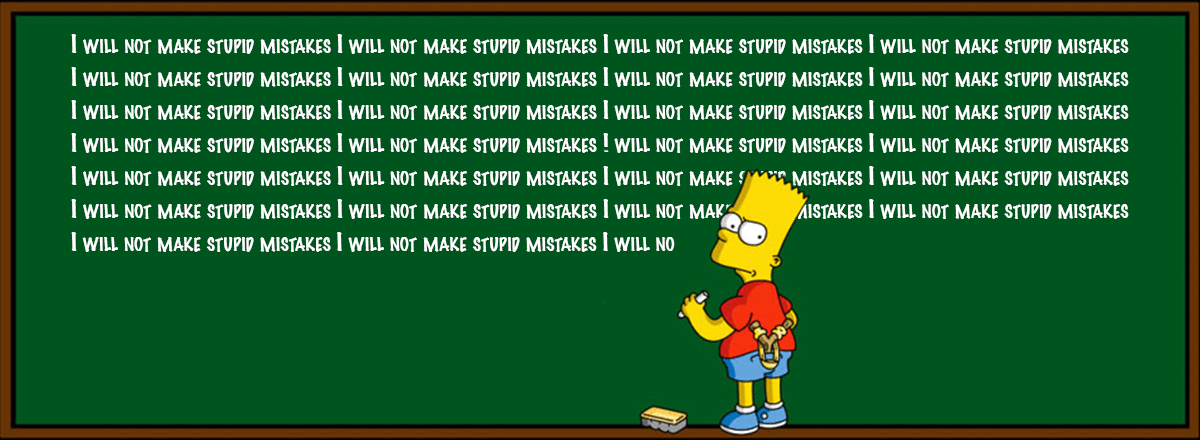According to recruiters' estimates, most resumes are terribly boring. In a good company, the decision to either work with you or not will not be based solely on your resume, but a sloppy resume can make the recruiter think: if you can't put in the effort to create a good resume, will you do your best at work? Well, it is unlikely.
Here are some tips on how to write a great resume that recruiters will appreciate:
1. Do not list all of your previous responsibilities
When you write a resume, it can be tempting to just list all the responsibilities and tasks you had at your past job. The problem is that no one can guarantee that you performed these duties well. For example: my dog is responsible for the fun and security of the house, but so far, it only gnaws everything, craps everywhere, and does not fulfill the planned KPIs.
The best way to share your accomplishments is to list the specific things you are most proud of. Describe what you did and what positive impact it had on the company. The hiring manager will appreciate your simplicity and honesty (and if he/she doesn't, you still wouldn't like working for such a company).

2. Write more simply
Please stop using words that you never use in real life. Many people fall prey to their desire to appear smarter and litter their resumes with meaningless abstruse words that don't make any sense.
3. Don't forget about the layout and design
You know that typos and mistakes in a resume are not allowed, but now let's talk about the appearance of your resume. It doesn't have to be something to hang in the Recruiter and Job Seeker Museum, but you need to differentiate yourself from the crowd of candidates who use commonplace Word 2007 templates.
Fortunately, you don't need to be a graphic designer to make your resume visually appealing. There are countless templates and resources where to find them, including free ones. The only file type you have to use is PDF due to its compatibility with all devices.

4. Tailor your resume to a specific job description
It is very tempting to use the same default resume to apply for hundreds of jobs at the same time. But to surely get a response, you need to write a resume specifically for the company's vacancy.
This includes researching the company, figuring out if you know any of the employees, and preparing a resume and cover letter.
Your resume tells a story about you, so you have to figure out what story the job is trying to tell and then match them up.














